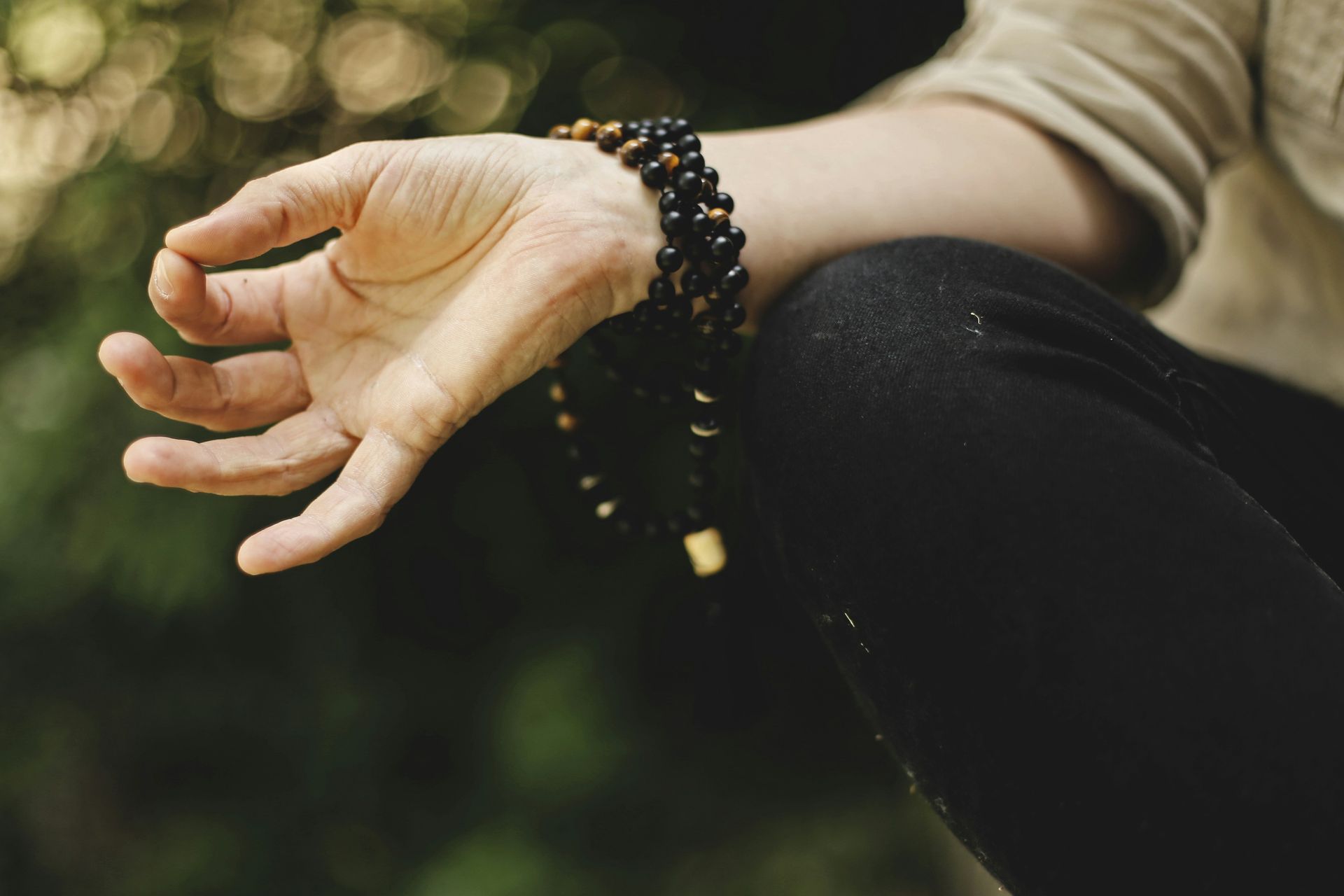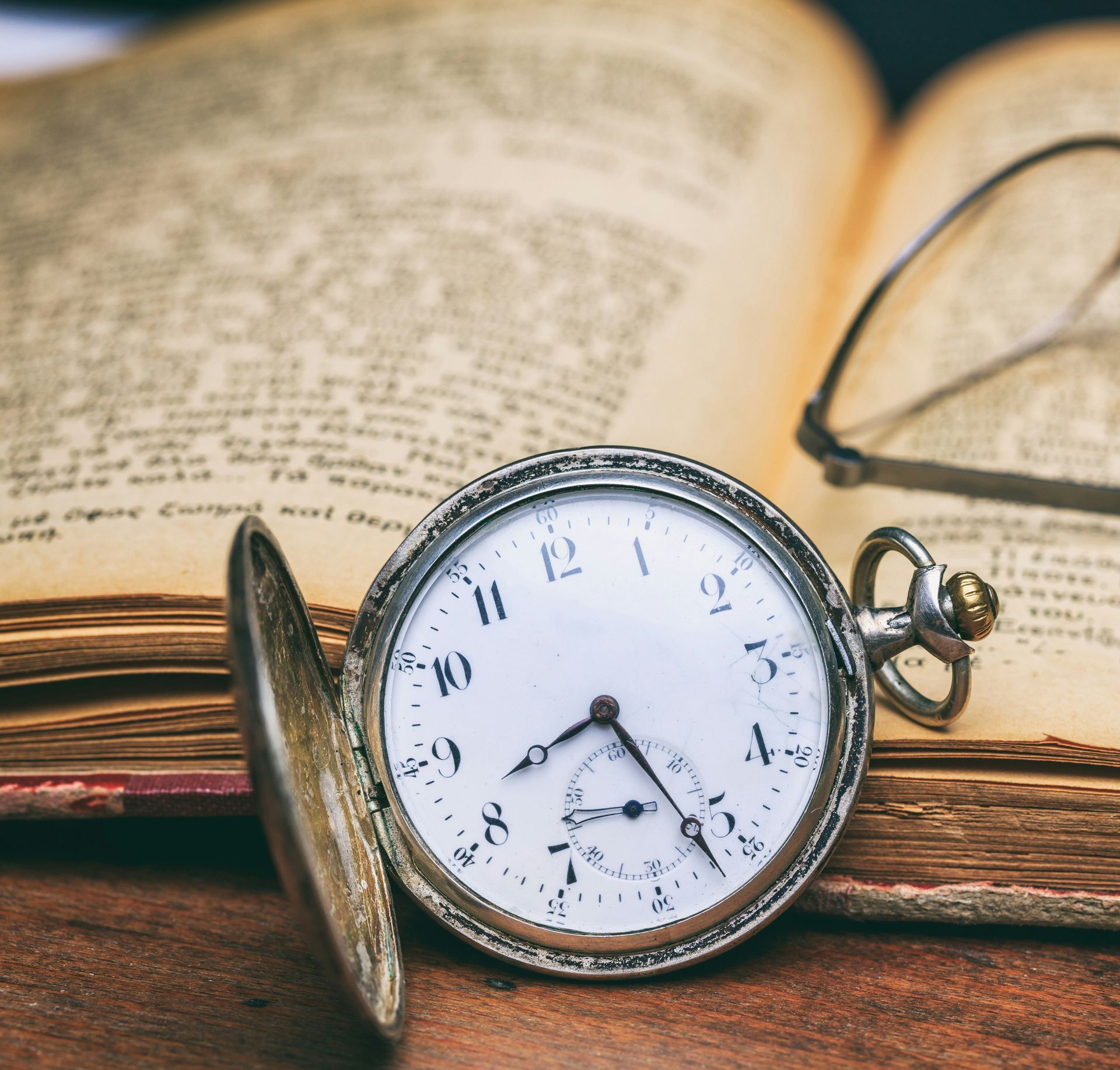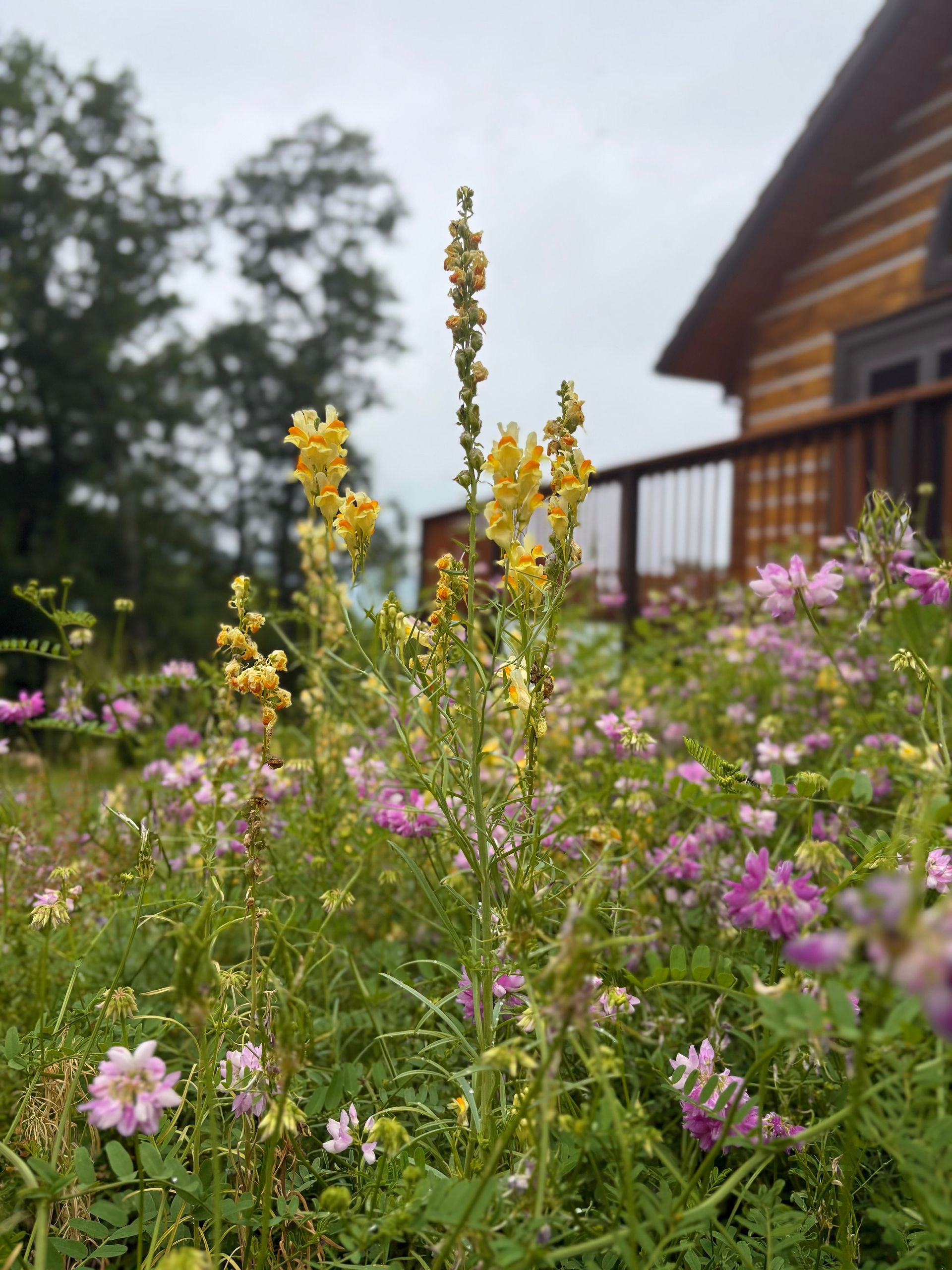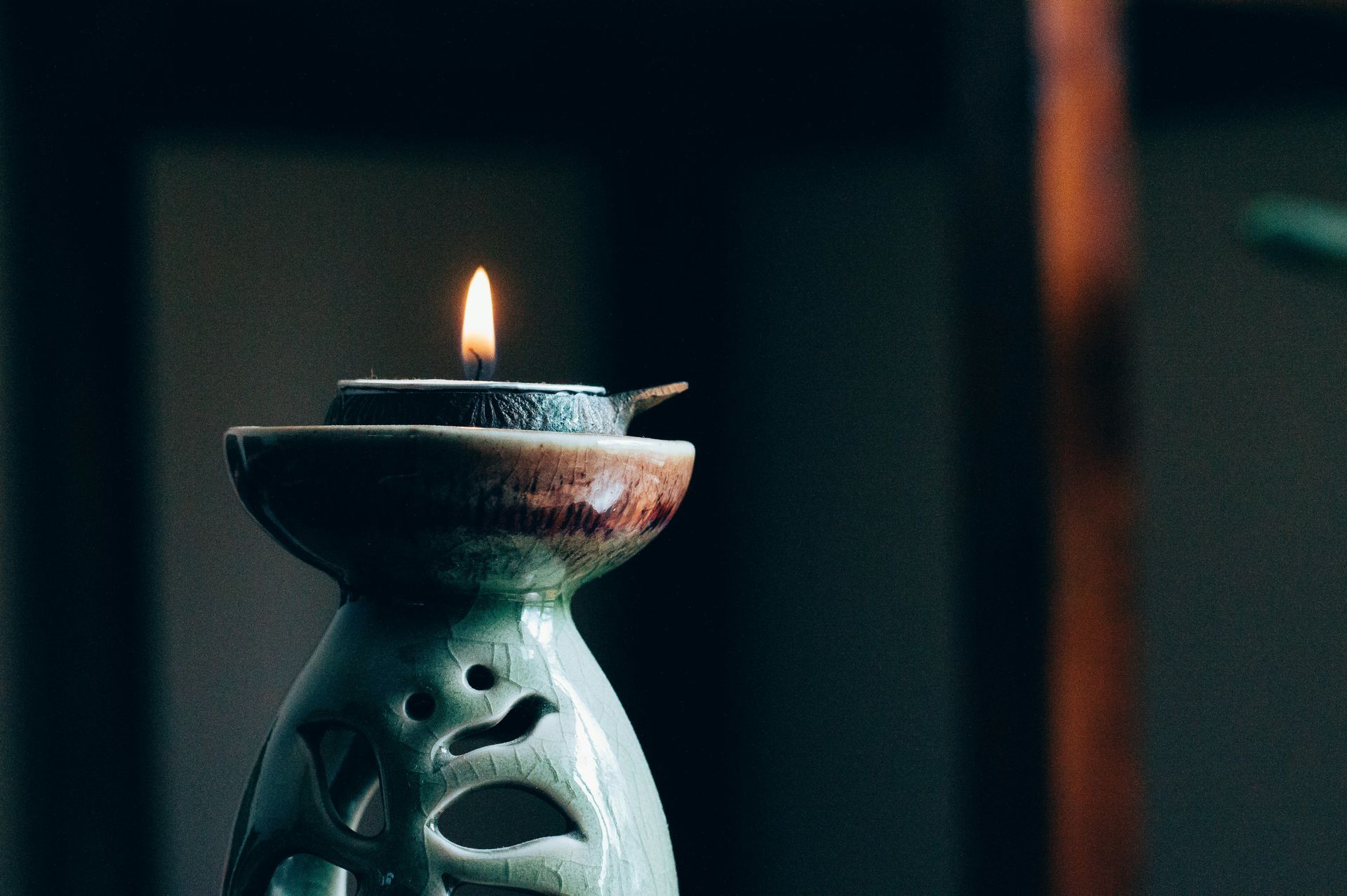Reflection Series
Finding time to take time: The value of routines
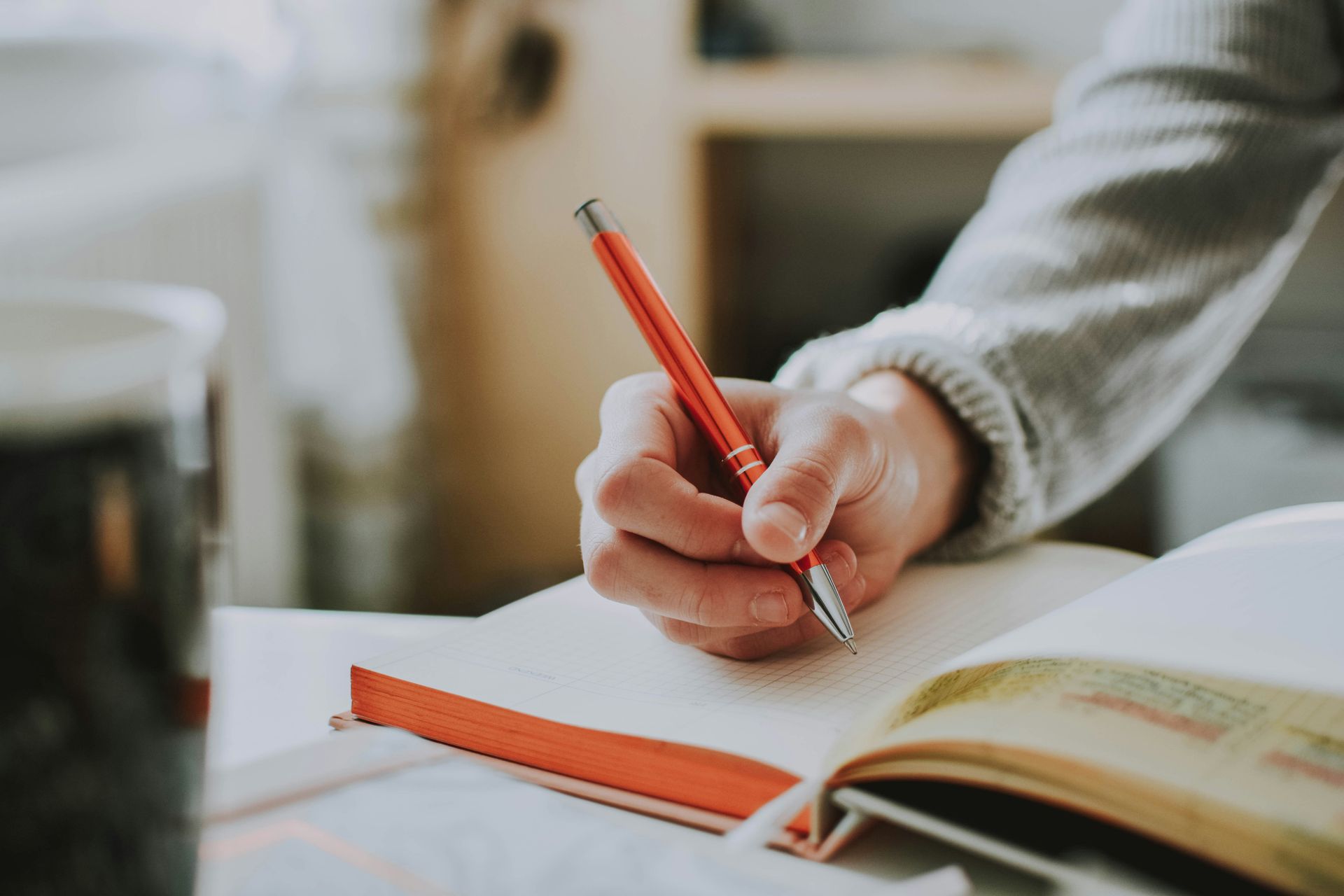
Sure, I argue that taking time to reflect on how we feel is the first step in finding peace, happiness, and balance, but you might be asking yourself, “How?” How can I find time? How did she find time?
Everything we do in this world seems to cost us time or money. American society is based on personal freedom. As a result, we face millions of choices every day. Ironically, these can feel more confining than freeing. Because to get the life we really want, we must really focus on setting goals that fulfill us. This means ignoring countless other distractions to actually pursue our goals. But we also have to strike a balance between what we can afford to spend in time, money, and energy.
I first noticed that life didn’t really feel like it “fit” in my 20s. Life was both not what I had envisioned and also not fulfilling. I moved to a new city, which was very different from where I had grown up. The only person I knew in the city was the person I was dating. I was pursuing a job I wasn’t excited about in the hopes that it would give me an opportunity for a career I thought I might want to pursue. I lived alone, had a long commute to work, low pay, high expenses and at times an unpredictable schedule. Life was hard and happiness seemed far away. I think many people have found themselves in similar situations: living in new city, with very little social support, very little disposable income, very little time, and unfulfilling work. For me, it meant I needed to de-stress from a life that wasn’t rewarding. But it also meant that there were many thoughts, behaviors, and choices I would need to examine if I was going to have a fulfilling life. I had to find a way to make time for that - to put my energy into the most rewarding activities and afford it.
In hindsight, I know what I really needed was reflection time. In the moment, I only knew I had a desire to feel content and I pursued it in small steps. Those steps started with the idea of freeing time for fulfilling behaviors.
Minimizing and consolidating everyday choices
I planned in predictable ways each week: meals list, grocery list, and even an activities list. This allowed me to spend my time, money, and energy more thoughtfully.
My health was important to me. I felt good when I ate healthy food, slept and exercised so I prioritized that. I made planning and shopping for my meals a weekly occurrence. I had a few quick, healthy meals I made on the week nights. On the weekends, I would make larger meals and freeze the excess. I packed fast, cheap, healthy lunches with a little variety every day.
I had a list of a few easy activities where I felt relaxed, fulfilled, and able to think. Most weekday evenings when I got home after my long commute, it was dark. I didn’t want to travel far. So, I’d do a 60-minute yoga DVD or go run or swim at the community center gym of my apartment complex.
I consolidated my resources. I chose my apartments to be as safe as I could afford, in places that had as many of the amenities I thought I’d use. I planned to use these resources for my activities.
I removed as much thinking about life sustaining behaviors from my daily routine by giving myself a short list of choices and instituted predictable planning times. This worked for me because I’m a planner by nature, so I like some predictability. That planning earned me a few minutes each day to relax in ways that allowed me to physically recharge: yoga, biking, running, swimming. I find that physical activity always supports mental clarity.
Once every few months (or more often when times were hard), I got together with a few friends and we had what we called “camp.” We’d do some combination of relaxing, finding adventures, cooking, talking and dreaming. For me, it was healthy social support with like-minded people that helped get me through a time when life didn’t fit the person I was.
Creating space for thought
I was able to start my journey of consciously making choices that fulfilled me by putting my health first and making time for activities that helped me feel good. Not the “this feels good in the moment and then man I really regret that” type of feel good. It was the “this feels good and I’m able to sleep with my choices” type of feel good. This routine helped me use the time, money, and energy that I had at my disposal to start on a path to feeling more content.
Changing behaviors or attitudes as a result of reflection didn’t happen immediately. Each step that I took produced new realizations and challenges as did each new stage of life. I wasn’t done reflecting. I wasn’t even done establishing new behaviors, gathering information, or setting goals when I was in my 20s. I was just getting started. To maintain my emotional growth, I had to continually create space for it in my daily life – no matter the life stage I was in.
Life changed a lot in the next decade or so: I dated someone long distance, made friends, lost friends, changed jobs and countless apartments, married, pursued my master’s while working and while my husband worked and pursued his, stopped working, became a mother several times over… there were many life style changes, many life stage changes, many issues, behaviors, and emotions I would need to address.
Through each change, I had to find a new routine that considered my new time, energy, and money allotment and created time for activities and reflection that helped me achieve goals that I found fulfilling. To be honest, the constant need to reestablish behaviors that were fulfilling and that fit my life style was frustrating. But, it helped tremendously to remind myself that life was constantly changing; that frustration in a routine that didn’t fit was a reminder of new gifts, an invitation to make changes to my routine. It was important, as I adjusted to each new stage, for me to remember that by asking myself a few simple, familiar questions, I could start finding a new routine that helped me feel like my life fit again.
Questions for reestablishing routines:
How could I maximize time and minimize distractions?
· What areas could I limit myself to a few easy choices?
· What preparations could I do ahead of time to save me time?
How do I live in a way that supports the feelings and experiences I want to have and still fits the constraints of my responsibilities?
· What activities produce the feelings I want to have: physically, emotionally, socially, spiritually?
· Of those, which ones are worth the expense?
· Which are easily accessible?
How do I make space to reflect?
· When can I schedule time for myself where I can think?
· What steps can I take to put my reflection into action?
How do I stay energized and positive?
· How can I encourage myself?
· What relationships uplift me?
· What people or communities support the direction I want to go?
Dealing with frustration
Planning to make space for activities that fulfilled me helped me stay focused on the life I wanted. These questions helped me establish a new routine to stay on my path when I realized I needed one. But it was those times when my routine didn’t pay off that were the hardest for me. Sometimes my routine didn’t bring the payoff I was hoping for because I had entered into a new life stage or life style and the routine needed to change. Sometimes, things I couldn’t plan for happened. I’d get stuck at work. Getting home late meant I would have to choose between exercise time and sleep. I wanted both and not being able to have both was frustrating. What was worse in my twenties getting stuck at work usually meant I had to take a cab home. So I’d lose the time I’d been working so hard for and I’d lose a little more of my little disposable income, which would mean more difficult choices to come. How fast things could cascade was hard to bounce back from. It was hard to stay motivated. So I’ll preach what I had a hard time doing. Don’t find ways to make sure everything goes according to plan. Just be prepared to be kind to yourself when it’s hard to be patient. Give yourself grace when it feels like nothing good is coming your way. You might not be able to get back that time or money, you might not be able to make the choices to come in the short term easier, but you can cheer yourself on to help you stay on track to pursue a fulfilling life.
The secret to making time is to find the formula that works for you. Ask yourself the questions that will help you balance your time, money, and energy in a way that allows you to pursue the activities that fulfill you in the moment and help you to pursue the life you want. Then keep at it. Change is a cycle and life is a journey. You will use the same tools again and again not because you are failing, but because they are a foundation and this is a process. Praise the heck out of yourself and find other people who do the same. Finding a life that fits and people who care about your work. Doing that is what finding time is all about. It’s what life is all about.
